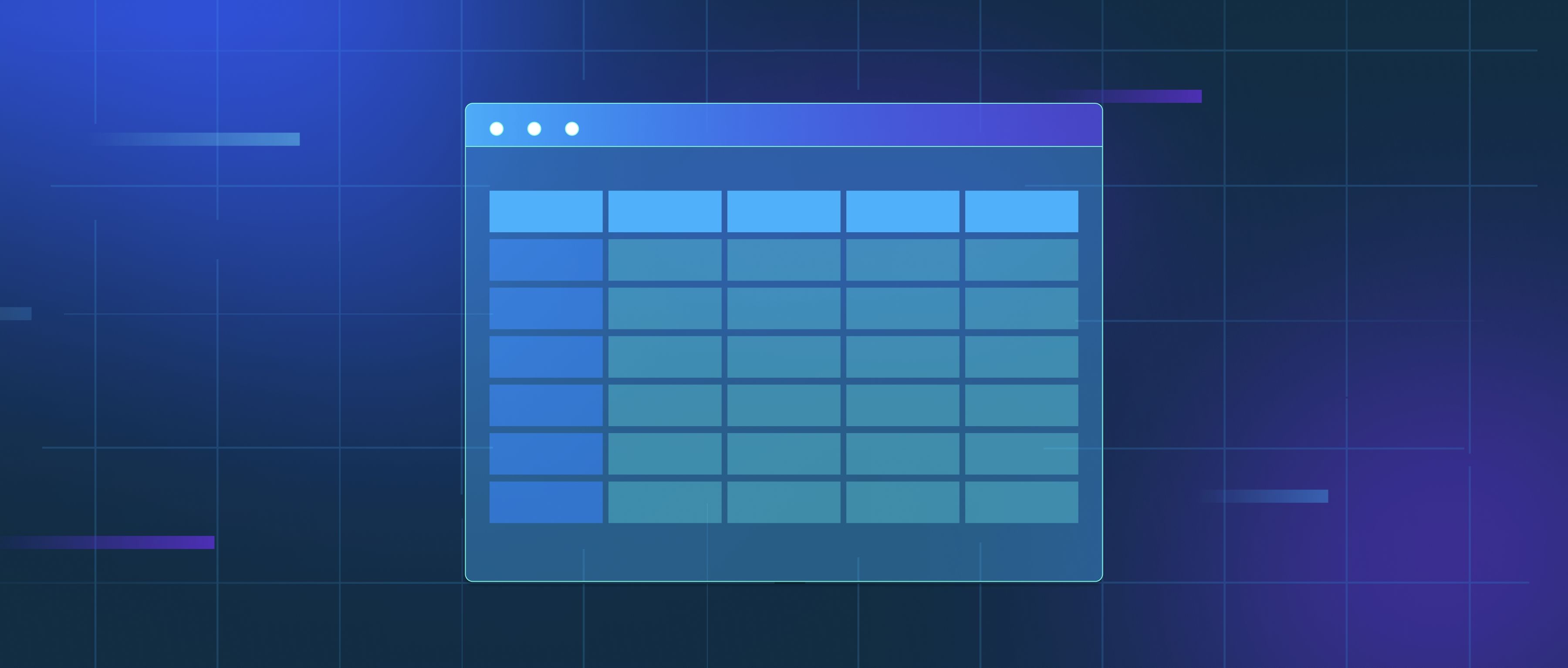Catastrophic forgetting in reinforcement learning (RL) refers to a situation where a model loses previously learned knowledge and skills when it is trained on new tasks or experiences. When an RL agent is exposed to new environments or objectives, it might adjust its policy or value function to optimize for these new tasks. However, this adjustment can lead to the degradation of performance on earlier tasks that the agent was previously performing well, effectively "forgetting" the strategies that worked for past situations.
For instance, consider an RL agent that is trained to play two different video games sequentially. Initially, it learns to play Game A effectively, developing a strategy tailored to that game’s mechanics. If the agent is then trained on Game B, which has a different set of rules and objectives, the agent may begin to optimize its actions for Game B. Unfortunately, this can result in the agent losing its ability to apply the successful strategies it learned for Game A, leading to poor performance if it returns to play that game later. This phenomenon is especially problematic in multi-task learning environments where it’s crucial for the agent to retain knowledge across various tasks.
Mitigating catastrophic forgetting can be achieved through various techniques. One common approach is to use experience replay, where the agent revisits and retrains on past experiences to reinforce its memory of prior tasks. Another method involves regularization strategies that penalize significant changes in the model parameters when new data is introduced, effectively preserving previous knowledge. Additionally, employing techniques like transfer learning allows the agent to build upon previous knowledge systematically, ensuring that learning new tasks does not come at the expense of forgetting earlier learning. By using these methods, developers can cultivate RL agents that are more resilient to catastrophic forgetting and better at handling multiple tasks.
